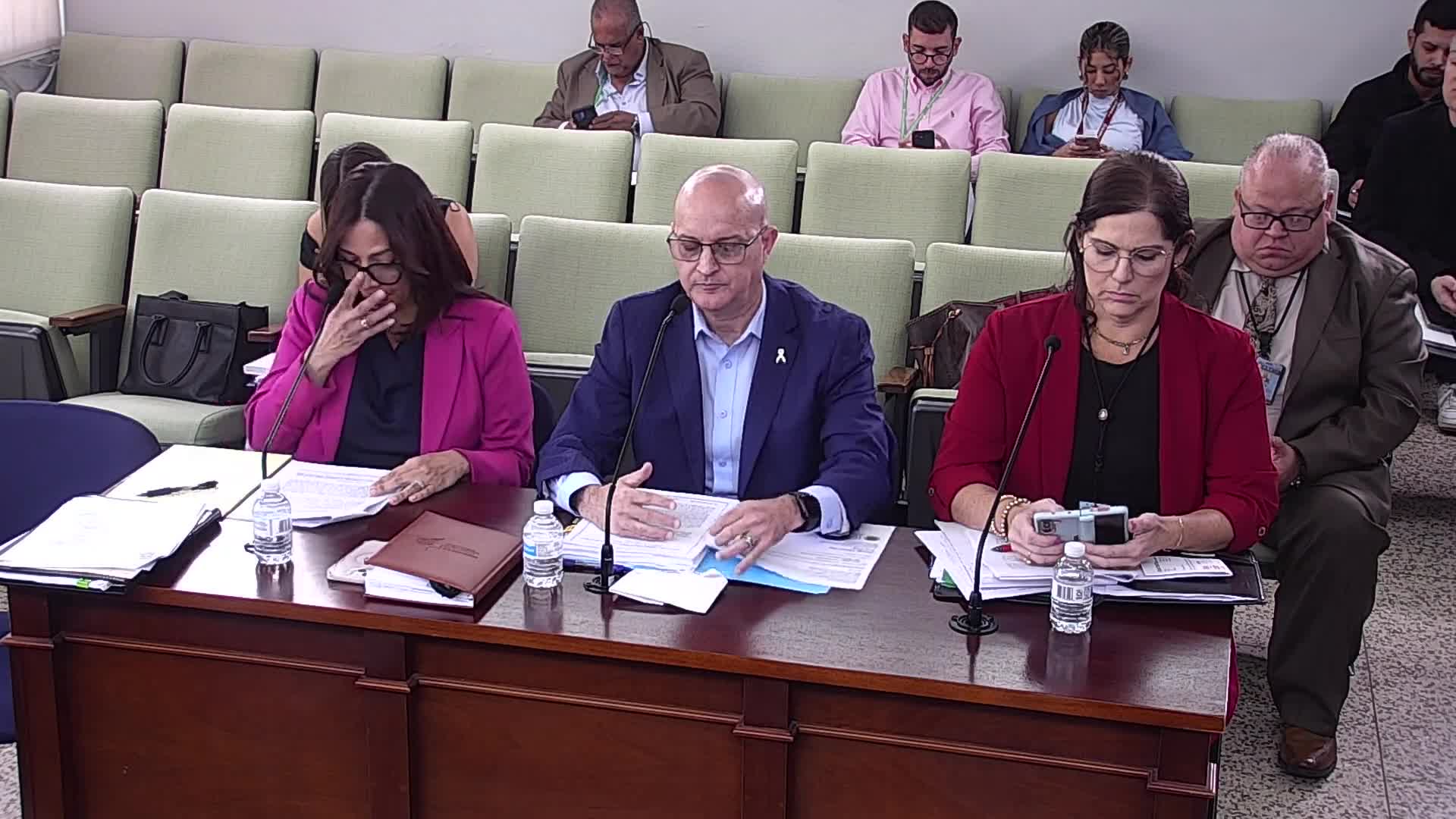
This article was created by AI using a video recording of the meeting. It summarizes the key points discussed, but for full details and context, please refer to the video of the full meeting. Link to Full Meeting
The meeting highlighted data from the 2022 community survey, revealing that there are currently 944,507 individuals aged 60 and older, making up 28.9% of the total population. This marks a dramatic increase from the 1950s, when older adults constituted just 6% of the population. The implications of this shift are profound, as it reflects broader changes in birth rates, mortality, and migration patterns.
Projections from the Census Bureau paint an even more striking picture for the coming decades. By 2030, it is anticipated that 35% of the population will be aged 60 and above. This figure is expected to rise to 38% by 2040, nearly 40% by 2050, and reach a staggering 43.7% by 2060. Such statistics underscore the urgent need for policymakers to address the challenges and opportunities that come with an aging population.
As representatives discussed these trends, the atmosphere was charged with a sense of responsibility. The growing number of older adults will require adjustments in healthcare, social services, and community planning to ensure that the needs of this demographic are met. The meeting served as a crucial reminder of the importance of preparing for a future where older adults will play an increasingly central role in Puerto Rico's society.
Converted from Audiencia 3 meeting on May 13, 2025
Link to Full Meeting
Comments
View full meeting
This article is based on a recent meeting—watch the full video and explore the complete transcript for deeper insights into the discussion.
View full meeting